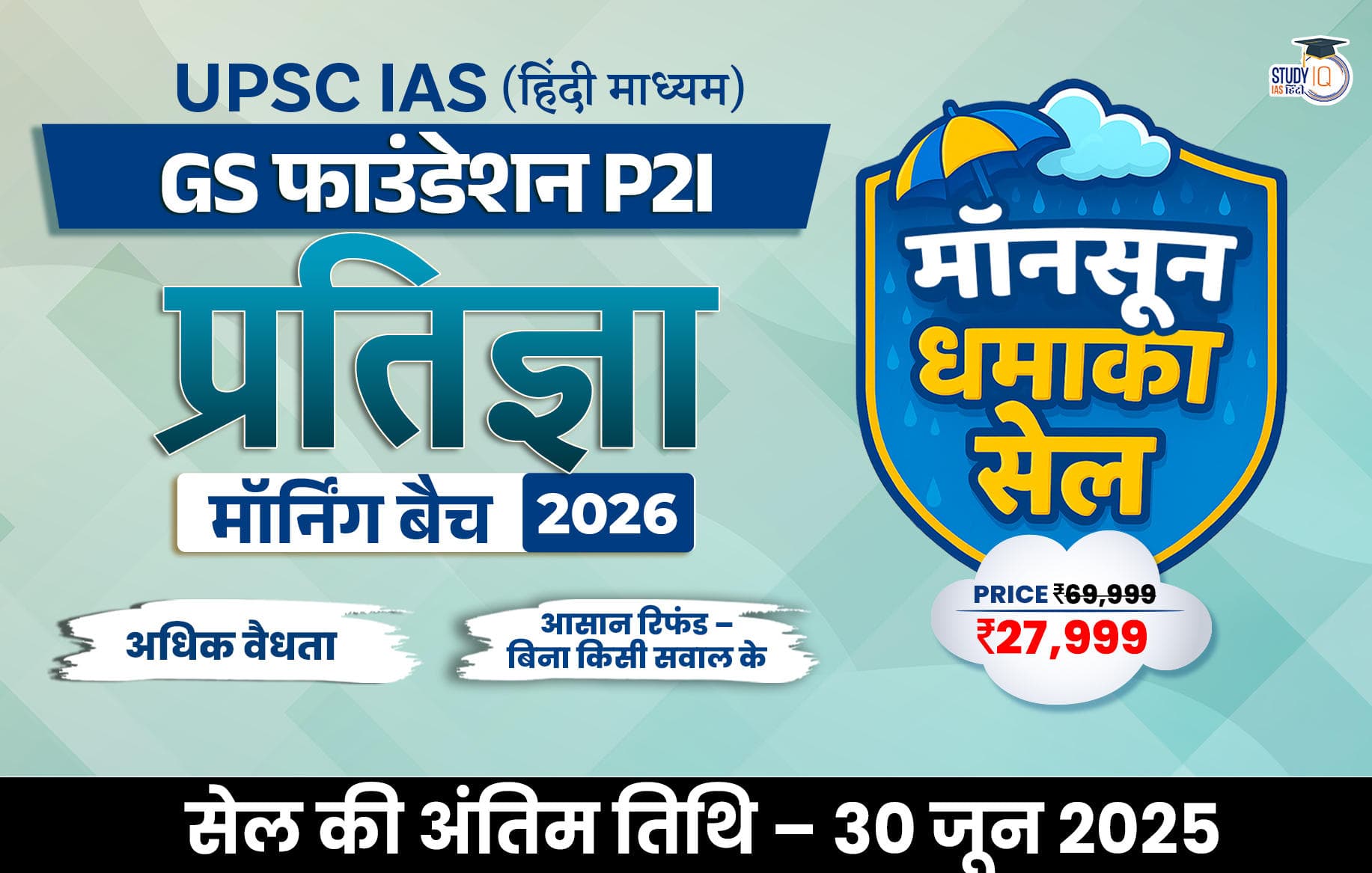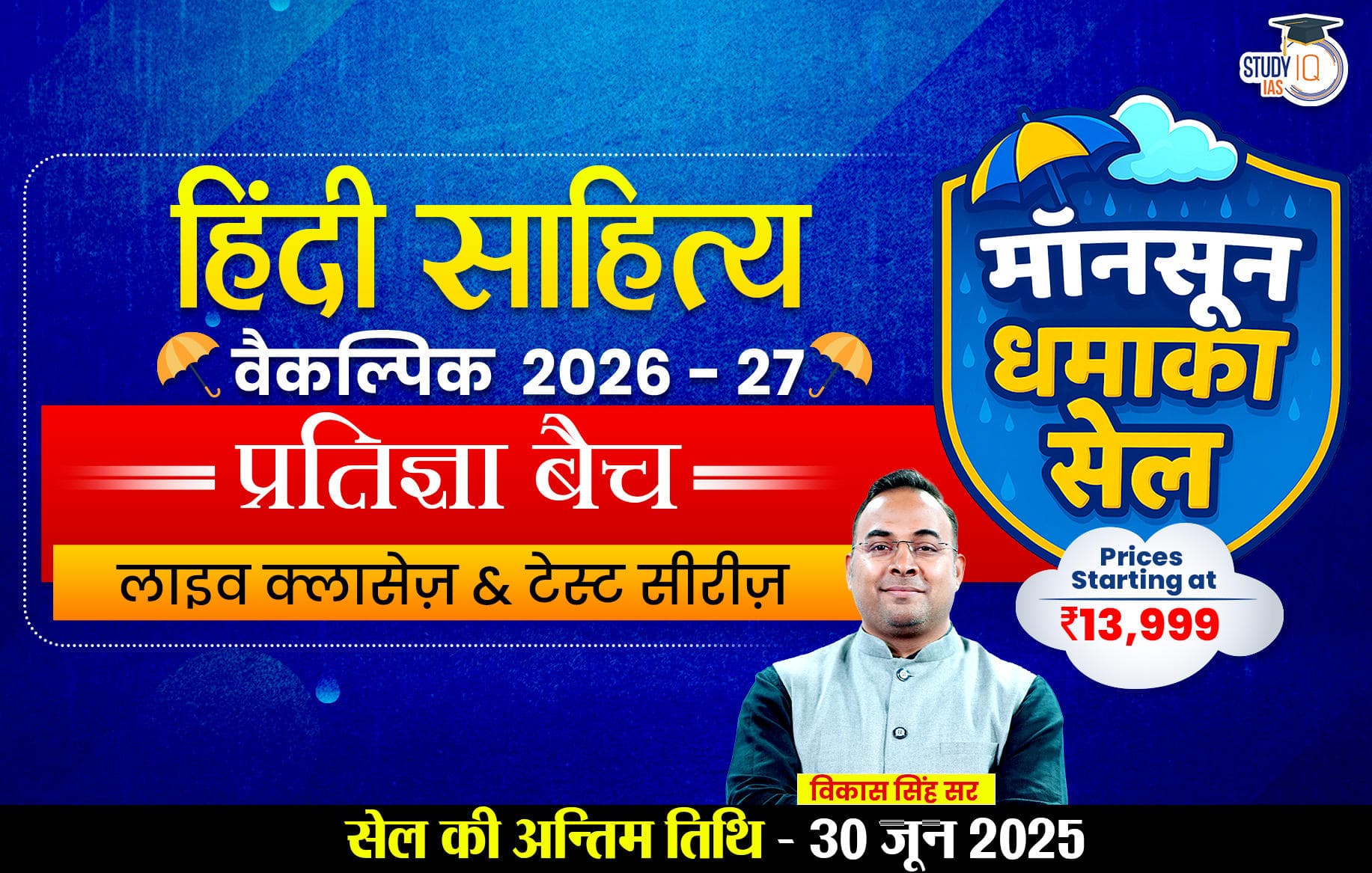Table of Contents
Supreme Court of India
The Supreme Court of India is the highest court in the country, functioning under the integrated judicial system set up by the Constitution. It has several important roles:
- Federal Court: Resolves disputes between states and the central government.
- Highest Court of Appeal: The main court for appeals from lower courts.
- Guarantor of Fundamental Rights: Protects citizens’ basic rights and freedoms.
- Guardian of the Constitution: Ensures laws follow the Constitution’s principles.
- Final Interpreter of the Constitution: Has the authority to explain the Constitution and its meanings.
The Chief Justice of India leads the court, which includes judges appointed by the President. Currently, there are 34 judges, including the Chief Justice. This topic plays a significant role in UPSC Syllabus of Polity and Governance check the details on Supreme Court of India below in this article
Supreme Court of India History
The Supreme Court of Calcutta was set up in 1773 by the Regulating Act. It handled criminal and civil cases in Bengal, Bihar, and Orissa. Later, in 1800 and 1823, the Supreme Courts of Madras and Bombay were established. In 1861, the India High Courts Act replaced these courts with High Courts in various provinces. These High Courts were the highest until the Federal Court of India was created in 1935 to handle appeals and disputes. After independence in 1947, the Supreme Court of India was established on January 26, 1950, and held its first session on January 28, 1950.
Important Articles of Indian Constitution
Supreme Court of India Constitutional Provisions & Articles
- The Indian Constitution’s Chapter 6 and Part V (The Union) permit the Supreme Court to make a provision (The Union Judiciary). Its Articles 124 to 147 cover the structure, impartiality, authority, functions, and procedures of the Supreme Court.
- According to Article 124(1) of the Indian Constitution, the Supreme Court of India must be composed of the Chief Justice of India (CJI) and no more than seven additional judges, unless Parliament specifies a higher number by law.
- Original jurisdiction, appellate jurisdiction, and advisory jurisdiction are the three subcategories of the Supreme Court of India’s jurisdiction. It also possesses a range of abilities.
- All courts with jurisdiction in India must abide by the Supreme Court’s ruling.
- It has the power of judicial review, which entitles it to invalidate legislative and executive actions that contravene the Constitution’s provisions and framework, the Union’s and the States’ power relations, or the fundamental rights it protects.
| Below are the Articles related to the Supreme Court: |
|
Supreme Court of India Functions
- It hears appeals from decisions made by the High Courts and other tribunals and courts.
- It resolves conflicts between different governmental entities, between state governments, and between the federal government and any state government.
- As part of its advising duty, it also hears cases that the President sends to it.
- The SC may also take on matters on its own (on its own).
- The Supreme Court has declared a law that is binding on all Indian courts, the Union government, and state governments.
Supreme Court of India Jurisdiction & Powers
Original Jurisdiction
The following are the Original Jurisdiction of the Supreme Court:
- Article 131: The Supreme Court (SC) has original jurisdiction in disputes between the Central and state governments or between states.
- Article 139: The SC can issue writs, orders, or directions.
- Section 32: The SC can enforce Fundamental Rights.
- Article 139A: The SC can take up cases from High Courts if related to a legal question, based on its discretion or the Attorney General’s advice, and can transfer cases between High Courts for justice.
Read about: Supreme Court Vacation
Writ Jurisdiction
Under Article 32, a person may request the Supreme Court to issue writs in the event that their fundamental rights have been violated. However, this only applies if a person’s fundamental rights are violated.
Appellate Jurisdiction
The Supreme Court is an appeals court. The Supreme Court will hear appeals from people who disagree with the decisions of the lower or high court. In three different categories of situations, an appeal may be taken to the Supreme Court:
- Constitutional interpretation-related cases.
- Civil cases, without regard to any constitutional issues.
- Criminal cases are heard regardless of any constitutional issues.
Appeal by special Leave
In some cases where a matter of justice is at stake, the Supreme Court may intervene in the decision of the High Court or other tribunals. According to Article 136, the Supreme Court is granted this residual authority.
Advisory Jurisdiction
Under Article 143 of the Constitution, the Supreme Court (SC) can advise the President of India on important legal questions. The President can also ask for the SC’s opinion on matters related to Article 131.
Court of Record
The Supreme Court always records its proceedings, which take the shape of case law. All Indian courts are required to abide by such judgments.
Supreme Court of India Composition
- The Supreme Court originally had 8 judges: 1 Chief Justice and 7 others.
- The Indian Constitution allows Parliament to change the number of judges.
- Parliament has passed laws to increase the number of judges over time.
- Currently, the Supreme Court has 34 judges: 1 Chief Justice and 33 others.
List of Prime Minister of India
Supreme Court of India Procedure
In order to control the practise and process of the Court, the President may be consulted by the Supreme Court of India. While other matters are determined by a bench of at least three judges, the Constitutional Cases are typically handled by a bench of five judges. The Supreme Court of India is located in Delhi, according to the Indian Constitution. The Chief Justice of India, however, has the authority to designate another location (or locations) as the Supreme Court’s location. This clause is simply optional and not required.
Supreme Court of India Judge Eligibility
According to Article 124, a citizen of India who is less than 65 years old may be nominated for appointment as a Supreme Court judge if:
- He or she has served as a High Court judge for at least five years, or
- He or she has at least ten years’ worth of experience as an advocate in one or more High Courts,
- The President believes that he or she is a renowned jurist.
Removal of the Supreme Court Judge of India.
A Supreme Court judge in India can leave their position in three ways:
- by resigning,
- by dying while in office, or
- by being impeached.
List of Vice Presidents of India


 UPPSC Previous Year Question Papers, Dow...
UPPSC Previous Year Question Papers, Dow...
 Most Commonly Used Cancer Drugs and Thei...
Most Commonly Used Cancer Drugs and Thei...
 Tansen Biography, Musical Legacy and Mas...
Tansen Biography, Musical Legacy and Mas...





















